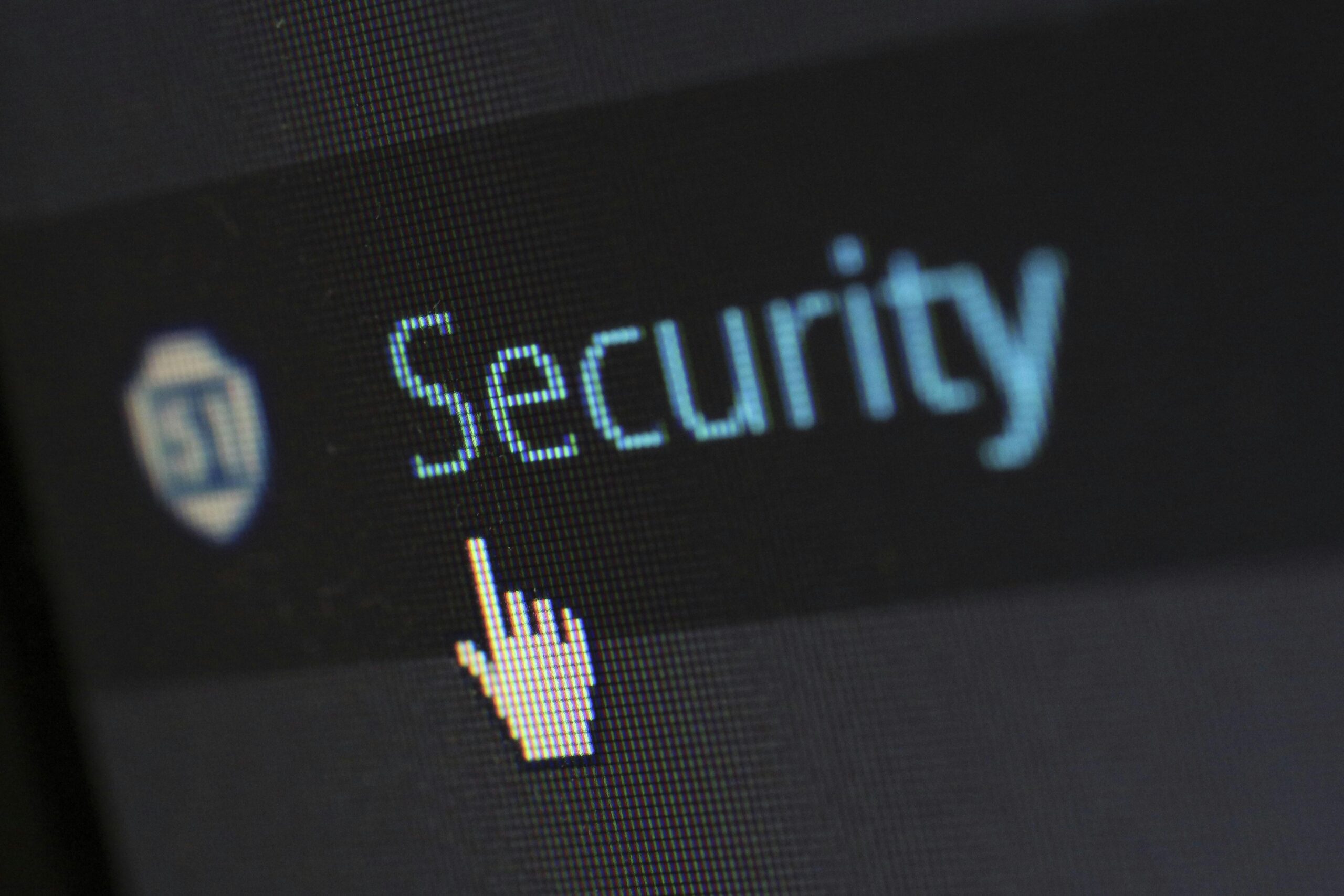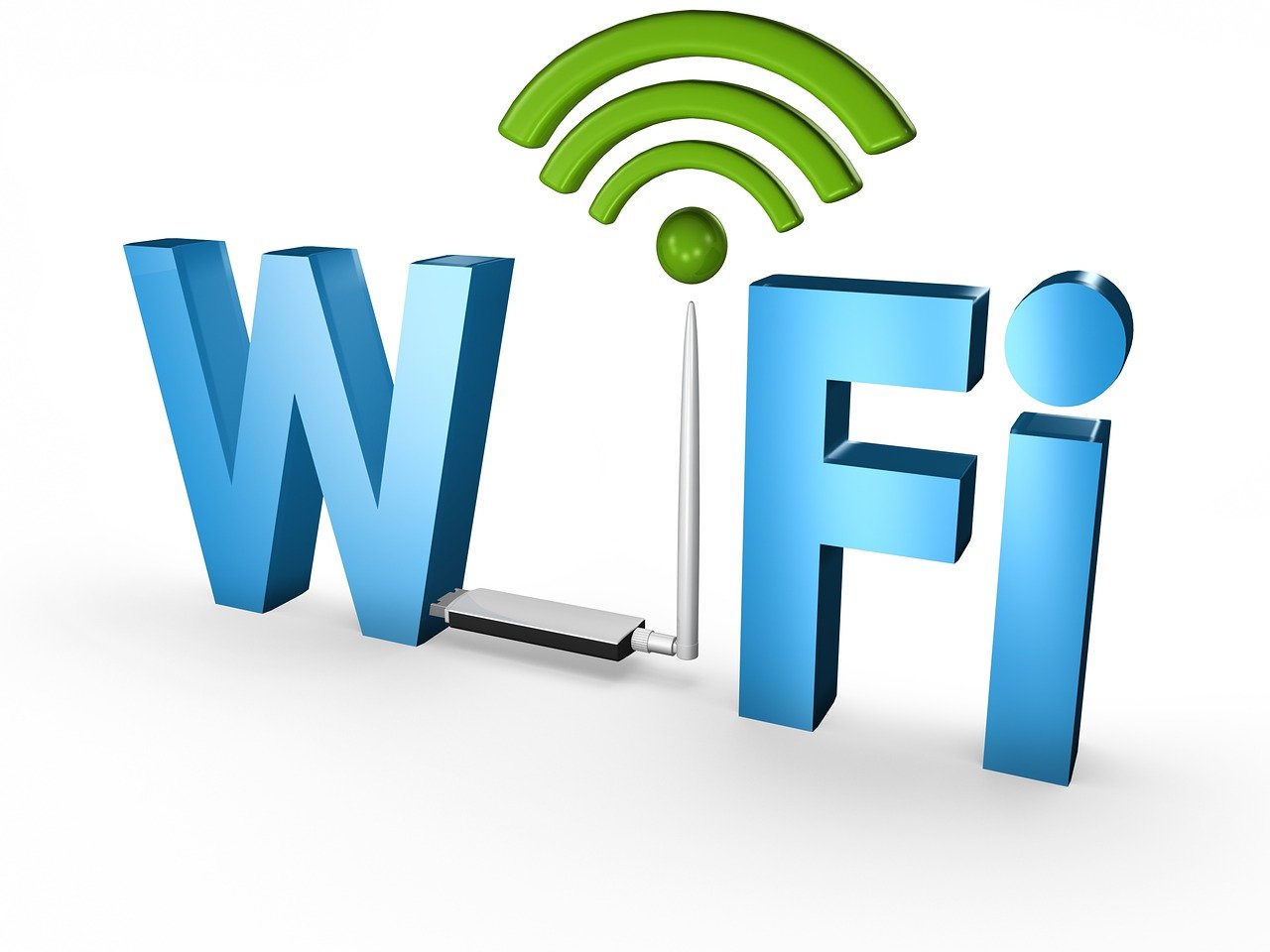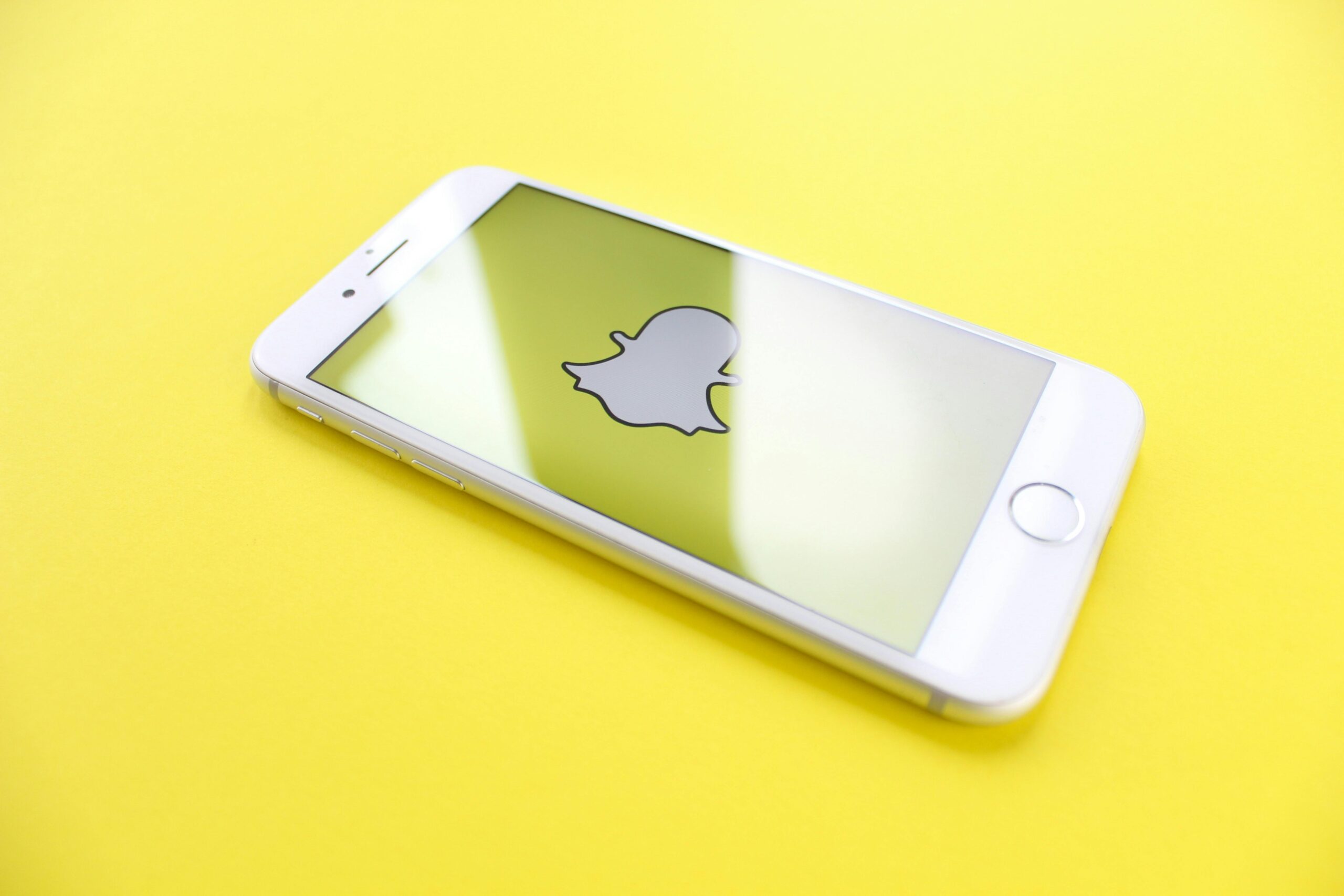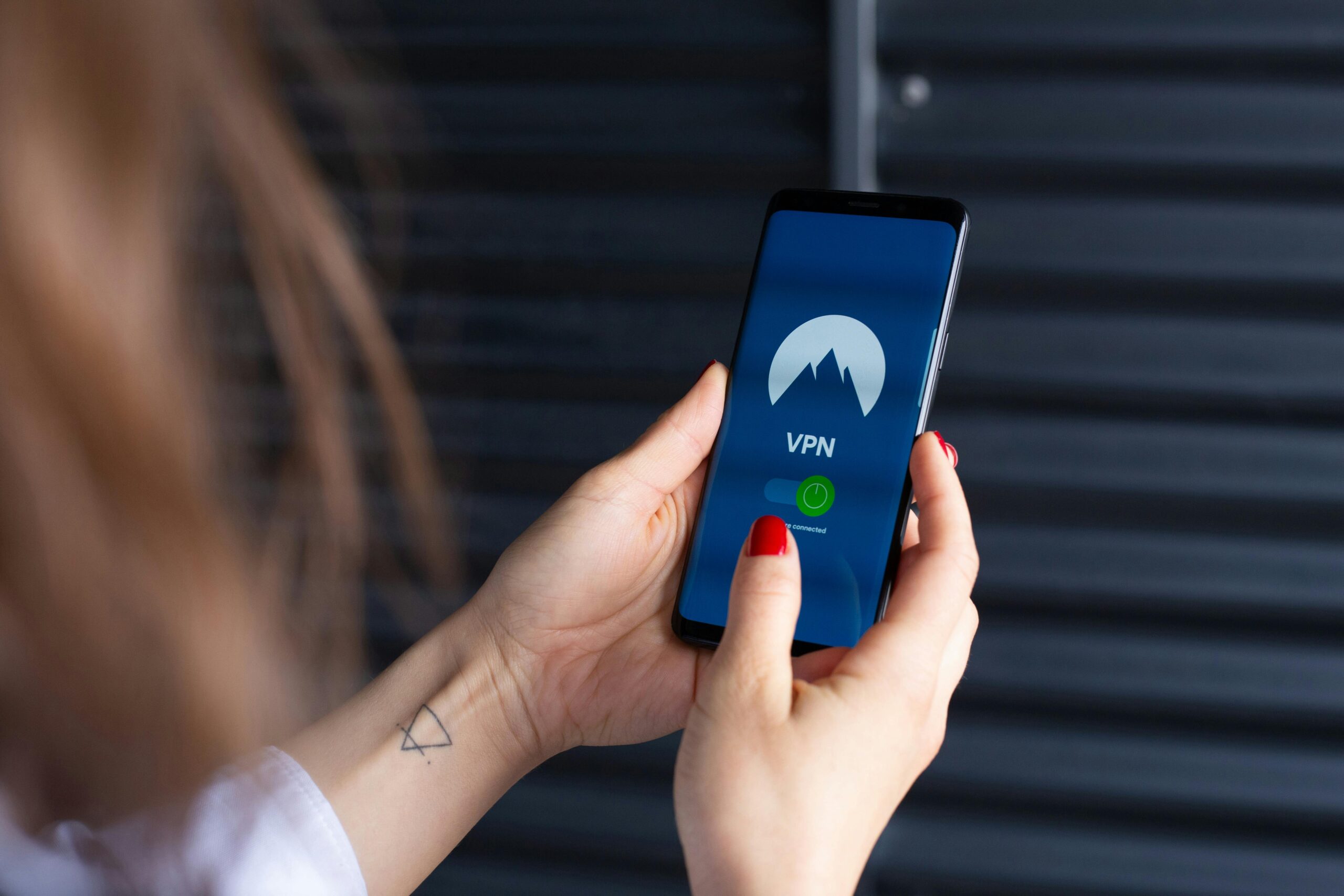Introduction to Social Media Security
In today’s digital era, social media platforms like Facebook and Gmail have become indispensable tools for communication, networking, and staying connected with friends and family. However, with this increased reliance on social media comes the looming threat of cyberattacks and hacking incidents. In this article, we will explore effective strategies to safeguard your Facebook and Gmail accounts from potential security breaches.
Understanding Common Social Media Hacking Techniques
Phishing Attacks
Phishing is one of the most prevalent methods used by hackers to steal sensitive information such as login credentials and personal data. These attacks typically involve fraudulent emails or messages that mimic legitimate sources, tricking users into divulging their account details.
Password Guessing
Password guessing involves hackers attempting to gain unauthorized access to accounts by systematically guessing passwords. This method is often successful when users use weak or easily guessable passwords.
Malware and Spyware
Malware and spyware are malicious software programs designed to infiltrate a user’s device, often through deceptive links or downloads. Once installed, these programs can steal sensitive information or grant unauthorized access to the user’s accounts.
Brute Force Attacks
Brute force attacks involve automated attempts to crack passwords by systematically trying every possible combination until the correct one is found. While time-consuming, these attacks can be successful if the password is weak or easily guessable.
Importance of Securing Social Media Accounts
Securing your social media accounts is crucial to protect your personal information, privacy, and online reputation. A compromised account can lead to identity theft, financial loss, and even reputational damage.
Tips to Secure Facebook Accounts
Enable Two-Factor Authentication
Two-factor authentication adds an extra layer of security by requiring users to provide a second form of verification, such as a code sent to their phone, in addition to their password.
Use Strong and Unique Passwords
Create strong and unique passwords for your Facebook account, incorporating a mix of letters, numbers, and special characters. Avoid using easily guessable information such as birthdays or names.
Regularly Review App Permissions
Regularly review the permissions granted to third-party apps connected to your Facebook account. Remove any apps that you no longer use or trust.
Be Wary of Suspicious Links and Messages
Exercise caution when clicking on links or messages received through Facebook, especially if they appear suspicious or come from unknown sources. These could be phishing attempts or malware-infected links.
Protecting Your Gmail Account
Enable Two-Step Verification
Similar to Facebook, enable two-step verification for your Gmail account to add an extra layer of security beyond just a password.
Use Complex Passwords
Ensure that your Gmail password is strong and unique, and avoid using the same password across multiple accounts.
Check Account Activity Regularly
Regularly monitor your Gmail account for any suspicious activity, such as unrecognized logins or unusual email behavior.
Beware of Phishing Emails
Exercise caution when opening emails or attachments from unknown senders, as they could be phishing attempts aimed at stealing your login credentials.
Utilizing Security Features Offered by Social Media Platforms
Both Facebook and Gmail offer a range of security features and settings that users can utilize to enhance the security of their accounts.
Facebook Security Settings
Facebook provides various security settings, such as login alerts, trusted contacts, and login approvals, to help users secure their accounts.
Gmail Security Features
Gmail offers features like spam filters, email encryption, and suspicious activity alerts to protect users from potential security threats.
Educating Yourself and Others About Online Security
Stay informed about the latest security threats and best practices for online safety. Educate yourself and others, such as friends and family, about the importance of practicing good cybersecurity habits.
The Role of Software Updates and Patches
Keep your devices and software up to date with the latest security patches and updates. These updates often contain fixes for known vulnerabilities that hackers may exploit.
Monitoring Your Accounts for Suspicious Activity
Regularly monitor your social media and email accounts for any signs of suspicious activity, such as unauthorized logins or unusual changes to account settings.
Seeking Professional Help if Compromised
If you suspect that your accounts have been compromised, seek assistance from cybersecurity professionals or the respective platform’s support team to regain control and mitigate any damage.
Importance of Regular Backups
Regularly backup your important data, including contacts, photos, and documents, to prevent data loss in the event of a security breach or account compromise.
Using Secure Connections
Always use secure and encrypted connections, such as HTTPS, when accessing your social media and email accounts, especially when using public Wi-Fi networks.
Being Mindful of the Information You Share
Be cautious about the information you share on social media and via email, especially personal or sensitive data that could be used by hackers for malicious purposes.
Conclusion
In conclusion, securing your social media accounts, particularly Facebook and Gmail, is paramount in safeguarding your personal information and privacy from hackers and cyber threats. By implementing the aforementioned strategies, staying vigilant, and practicing good cybersecurity hygiene, you can significantly reduce the risk of falling victim to cyberattacks.
FAQs on Social Media Account Security
- How often should I change my passwords?
- It’s recommended to change your passwords regularly, ideally every few months, to minimize the risk of unauthorized access.
- What should I do if I suspect my account has been hacked?
- If you suspect your account has been hacked, immediately change your password, review your account settings, and report any suspicious activity to the platform’s support team.
- Is it safe to use public Wi-Fi for accessing social media accounts?
- Using public Wi-Fi for accessing social media accounts can pose security risks. It’s advisable to use a virtual private network (VPN) or mobile data for added security.
- Can I trust third-party apps with my social media credentials?
- Exercise caution when granting permissions to third-party apps and only use trusted applications from reputable developers.
- Are biometric authentication methods more secure than traditional passwords?
- Biometric authentication methods, such as fingerprint or facial recognition, can provide an additional layer of security but should be used in conjunction with strong passwords for optimal protection.




